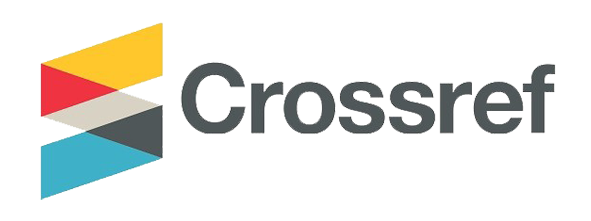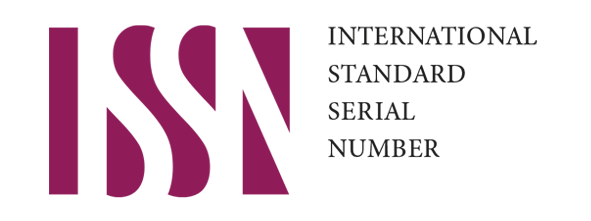Implications of the Theory of Coherence, Correspondence and Pragmatism of Truth for Education
DOI:
https://doi.org/10.51178/jsr.v4i3.1662Keywords:
Coherence Theory, Correspondence Theory, Pragmatic Theory, Implications For EducationAbstract
Education plays a central role in shaping individuals and society. One important aspect in the formation of character and knowledge is truth. Truth is a complex concept and gives rise to various philosophical perspectives, including coherence, correspondence, and pragmatism. Recent research in the field of epistemology and philosophy of education highlights the implications of truth based on the three perspectives on the education system. Truth itself can be obtained through sensory knowledge, intellectual knowledge, intuitive knowledge. What is true for one person may not be true for another person. Therefore, a measure or criterion of truth is needed. Scientific truth does not come suddenly, scientific truth will emerge after being processed using scientific mechanisms as well. So scientific truth is a truth whose validity has been tested, both logically and empirically, so that it has a strong basis to be considered true, as long as it is not invalidated by other scientific truths that are more reliable. Based on the explanation above, the research aims to investigate how the concept of truth, when understood through the lenses of coherence, correspondence, and pragmatism, can shape and influence the education system. By understanding the implications of truth in the educational context, we can improve the effectiveness of teaching, curriculum and evaluation, and shape humans into critical and empowered individuals. The method used in this writing is a literature study, which is then tested to obtain credible findings. then this research is presented in narrative - descriptive form. Collecting data by using accredited books and journals as reading material. Conclusion Truth is something that is correct or in accordance with existing data facts. The implications of correspondence, coherence, and pragmatics theories in educational contexts can influence various aspects of student learning, communication, and understanding.
Downloads
Published
Issue
Section
License
Copyright (c) 2023 Education Achievement: Journal of Science and Research

This work is licensed under a Creative Commons Attribution-ShareAlike 4.0 International License.














